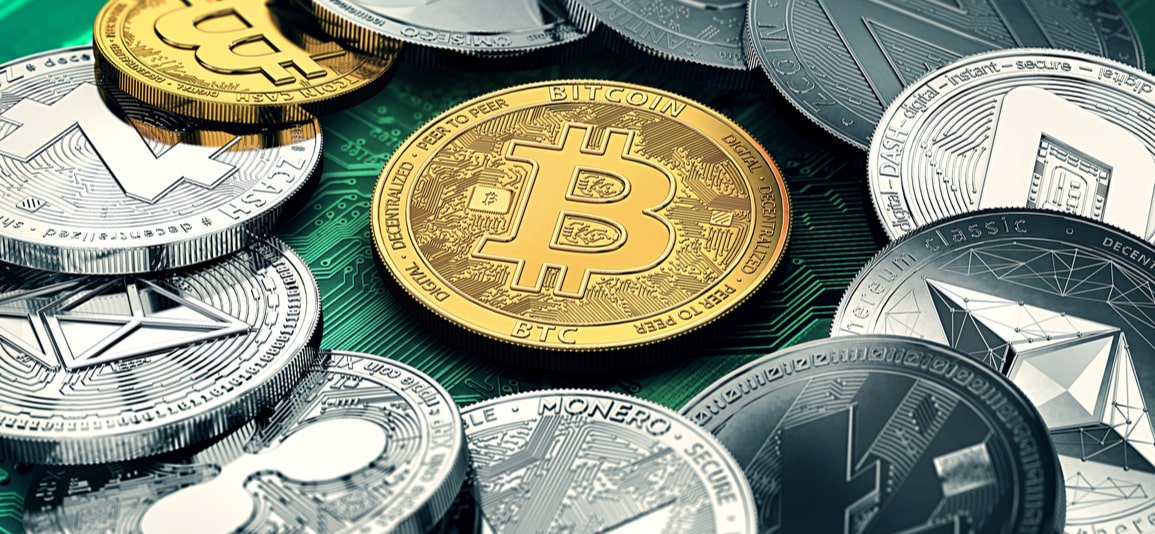While traditional methods like dividend stocks and real estate investments remain popular, options trading has emerged as a powerful and flexible strategy to generate consistent passive income. With the right approach, intelligent options trading strategies can help you build a steady income stream without requiring constant market monitoring or intensive financial knowledge. One of the key reasons why options trading is so appealing for passive income is its ability to generate profits regardless of market direction. Unlike traditional stock investments, where gains depend on the price moving upward, options trading offers strategies that can profit from upward, downward, or even sideways movements. This flexibility makes it an excellent choice for those looking to mitigate risks while still reaping financial rewards.

One of the most effective options trading strategies for passive income is selling covered calls. This approach involves holding a long position in a stock and simultaneously selling call options against that same holding. The premiums collected from selling the calls provide immediate income, while the underlying stock remains a valuable asset. Covered calls are particularly appealing for conservative investors who want to generate income without selling their core holdings. Another intelligent strategy is selling cash-secured puts. In this technique, an investor sells put options on a stock they are willing to own, collecting premiums upfront. If the stock price falls below the strike price, the investor buys the shares at a discount, while still retaining the premium as profit. This strategy is excellent for generating income while potentially acquiring quality stocks at a lower cost. Iron condors are yet another effective strategy that offers passive income through non-directional trading on how do you become an options trader. This strategy involves selling both a call spread and a put spread on the same underlying asset. Since iron condors work best in low-volatility environments, they are ideal for generating steady profits when a stock is expected to remain within a specific price range.
The premiums collected from both spreads combine to form a net credit, providing income as long as the asset price stays within the established range. To maximize passive income through options trading, it is crucial to adopt a disciplined approach and carefully assess risk. Successful traders analyze market trends, implied volatility, and potential price movements before executing trades. Moreover, using tools like options screeners and volatility analysis can significantly enhance decision-making. In conclusion, intelligent options trading strategies offer an exceptional opportunity to generate passive income with minimal effort. By employing techniques such as covered calls, cash-secured puts, and iron condors, investors can earn consistent profits regardless of market conditions. Whether you are a seasoned trader or a beginner, mastering these strategies can pave the way for financial freedom and long-term wealth accumulation. Start small, educate yourself continuously, and watch your passive income grow through smart and calculated options trading.






